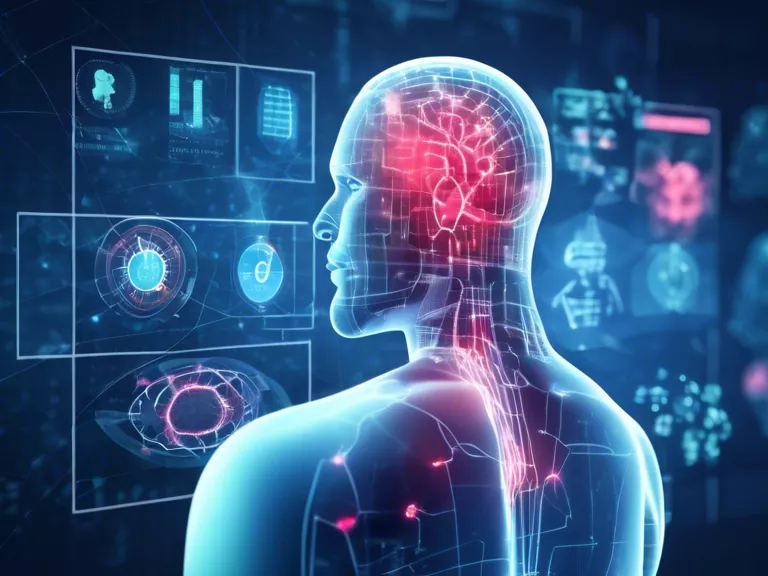
Artificial Intelligence (AI) is revolutionizing the healthcare industry by enabling early detection of potential health issues through predictive analytics. By analyzing vast amounts of data and identifying patterns, AI can help healthcare professionals predict and prevent diseases before they manifest. This article explores the role of AI in predictive healthcare and its impact on improving patient outcomes and reducing healthcare costs.
AI algorithms are trained on large datasets of patient information, including medical records, imaging scans, genetic data, and even lifestyle factors. By processing this data, AI can identify risk factors and patterns that human experts may overlook. For example, AI can predict the likelihood of a patient developing a certain disease based on their genetic profile and lifestyle choices. This early detection allows for timely intervention and personalized treatment plans, ultimately leading to better outcomes for patients.
One of the key benefits of using AI in predictive healthcare is its ability to analyze complex data at a speed and scale that is beyond human capabilities. AI algorithms can sift through terabytes of data in a matter of seconds, making it possible to identify subtle correlations and predict health outcomes with high accuracy. This can be particularly useful in areas like cancer detection, where early diagnosis is critical for successful treatment.
Another advantage of AI in predictive healthcare is its ability to continuously learn and improve its predictions over time. As more data is fed into the system and outcomes are monitored, AI algorithms can refine their models and make more accurate predictions. This iterative learning process ensures that the predictions are constantly evolving and adapting to new information, leading to more reliable insights for healthcare providers.
In conclusion, AI plays a crucial role in predictive healthcare by enabling early detection of health issues and improving patient outcomes. By leveraging the power of AI algorithms to analyze vast amounts of data, healthcare professionals can detect potential risks and intervene proactively to prevent diseases from progressing. As AI continues to evolve and advance, its impact on predictive healthcare is expected to grow, ultimately revolutionizing the way we approach healthcare and wellness.



